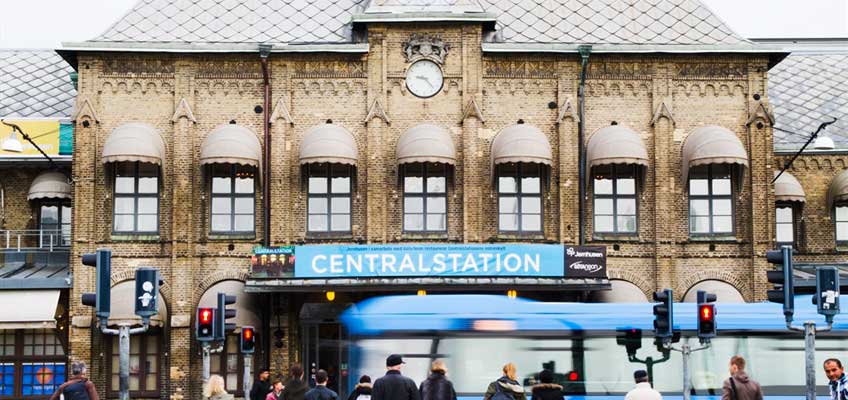New solutions for future travel surveys

On 1 June 2016, the Swedish government introduced five strategic partnership programs. One of these programs, "Next Generation Travel and Transport" has identified a need to find and develop new solutions for travel surveys. In the context of this, Transport Analysis has managed a project, in which several pilot studies testing new technologies have been carried out.
Reports
- Rapport 2018:18 Nya lösningar för framtidens resvaneundersökningar
- Summary report 2018:18 New solutions for future travel surveys
- PM 2018:10 Metodval för kommande resvaneundersökningar
- VTI - New Ways of Collecting Individual Travel Information
- VTI - Nya sätt att samla in individuell resvaneinformation
- Resmönster i Norrköping från anonymiserad mobilnätsdata
- The use of aggregated and anonymized mobile network data to create statistics about long-distance travel in Sweden
- VTI: Stakeholder requirements from travel surveys – Results based on interviews and questionnaires (including English summary)
- Swedish version: Trivector: Detaljerad kartläggning av verktyg och applikationer för resvaneundersökningar
- English version: Trivector: Detailed Mapping of Tools and Applications for Travel Surveys
- SCB: Resvaneundersökningen (RES)
Information about travel patterns provides essential knowledge for the development of national and regional transport policy. There is a general trend in society towards poorer response rates for sample surveys, and the Swedish National Travel Survey is no exception.
In the autumn of 2016, the government launched five partnership programs. One of these programs was Next Generation Travel and Transport. Through the partnership program, several projects were initiated, including the project "New solutions for future travel surveys".
The overall aim of the project was to investigate and test new technological solutions for the collection of data, as well as the possible use of different methods of data collection, singly or in combination, in future travel surveys as a basis for government statistics. Furthermore, this must be done in a way that protects individual privacy.
Transport Analysis’ final report about the project New solutions for future travel surveys is now available. The report summarizes two pilot studies with mobile network data and one pilot study in which a mobile app for logging of travel habits and web survey was used. The report also contains a summary of stakeholder analysis and a mapping of new methods and tools as well as Traffic Analysis's conclusions and recommendations for continued work.
Transport Analysis wants to thank everyone who has been involved in the project, especially the Swedish Transport Administration, Eurostat and Vinnova, which contributed financially, VTI, Trivector, Linköping University, Telia, Telenor, Ericsson and Sweco who participated in the various work packages.
Below you will find all reports and background reports produced within the framework of the project and the project's final report - report 2018:18.
